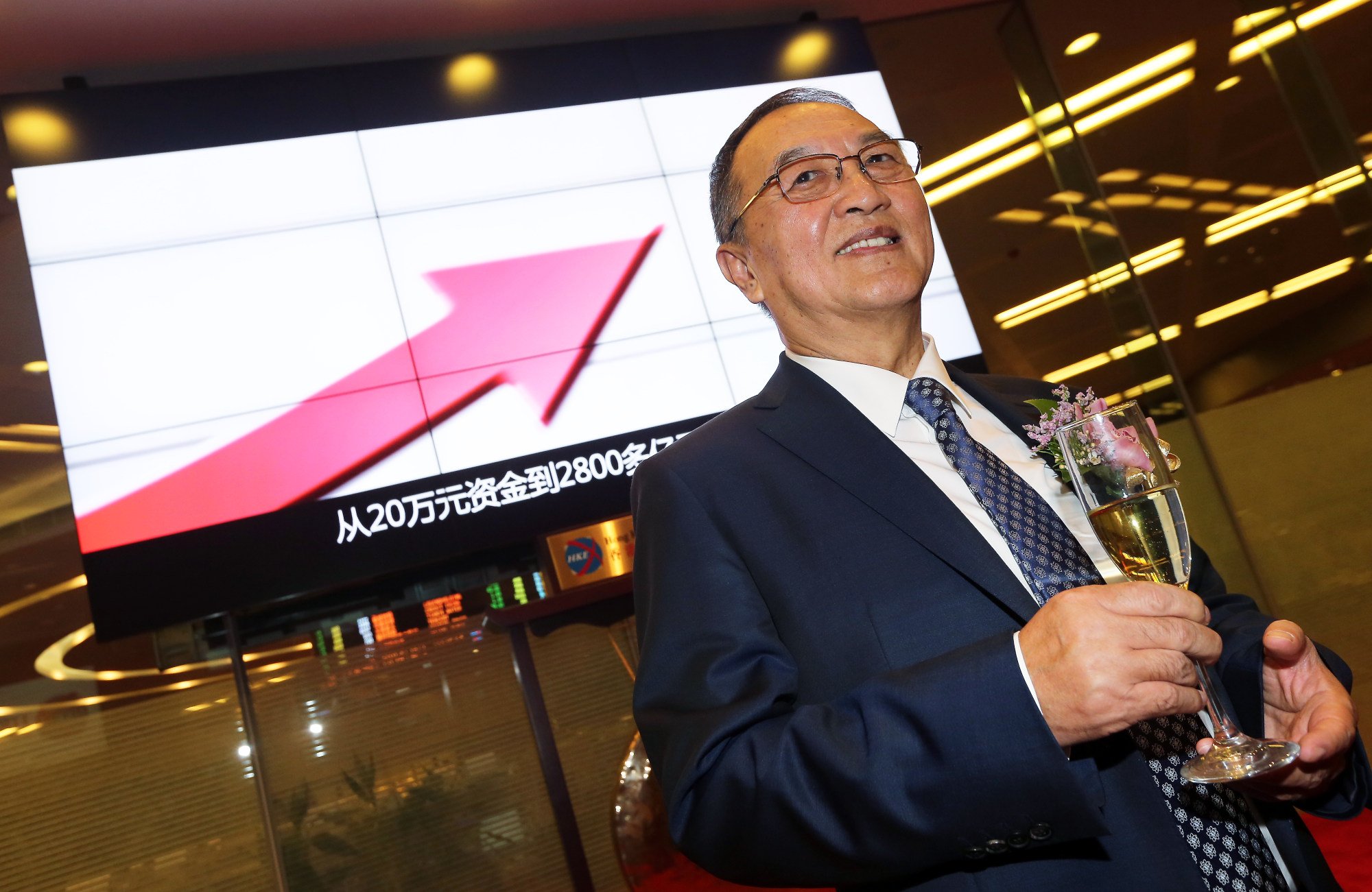
Lenovo founder Liu Chuanzhi makes rare public appearance to praise China’s patent laws for contributing to ‘unimaginable’ growth
- Liu said China’s protection of IP rights through the introduction of patent laws contributed significantly to ‘unimaginable dramatic changes’ since the 1980s
- Before 2020, Liu had become a target for online attacks by China’s ultranationalist commentators, who accused him of being unpatriotic
In a video recorded to celebrate the 40th anniversary of the China Patent Agent (Hong Kong) (CPA), Liu said China’s protection of intellectual property rights through the introduction of patent laws in the 1980s contributed significantly to the country’s “unimaginable dramatic changes over the past four decades”. The video and transcript were published on the WeChat account of state-run newspaper China Trade News.
In March 1984, the China Council for the Promotion of International Trade (CCPIT) and Hong Kong businessman Wong Kam Fu jointly funded the establishment of the CPA, a year before China’s patent law went into effect. Liu’s father Liu Gushu, who worked for CCPIT, was a co-founder of CPA.
China celebrates 30 years of internet access in sign of support for the sector
In the video Liu, who has not appeared in public for more than four years, recalled the early days of CPA, when employees “received foreign clients at the fancy China Resources Building” during the day and “slept in a shabby apartment” at night, at a time when water and power supplies were occasionally cut off. He thanked the firm for its “support and help” for Lenovo when the company expanded to Hong Kong in 1988.
Liu, looking cheerful and energetic in the video, said that without IP protection China would not have “become the world’s top patent owner” and “achieved a technological boom and international cooperation”.
Liu, dubbed the “godfather” of the Chinese PC industry, retired in 2019. His last public appearance was at a Lenovo company party in January 2020, where he said China was the company’s “base camp” that it should “always guard”. In the preceding years, Liu had become a target for online attacks by China’s ultranationalist commentators.
Lenovo and Alibaba team up to build AI-powered personal computers

Lenovo’s current chairman and chief executive Yang Yuanqing made rare public comments for the 30th anniversary of China’s first internet connection, penning an article in the April issue of CAC’s China Wangxin magazine, where he said Lenovo has witnessed the evolution of China’s internet, from the PC era to smartphones, and that its future would be as an AI infrastructure provider.
The April issue published articles from other tech executives celebrating the anniversary. Will Cheng Wei, founder, chairman and CEO of Didi, wrote that government support for the digital mobility sector was “the fundamental guarantee for the development and expansion of Didi”.

